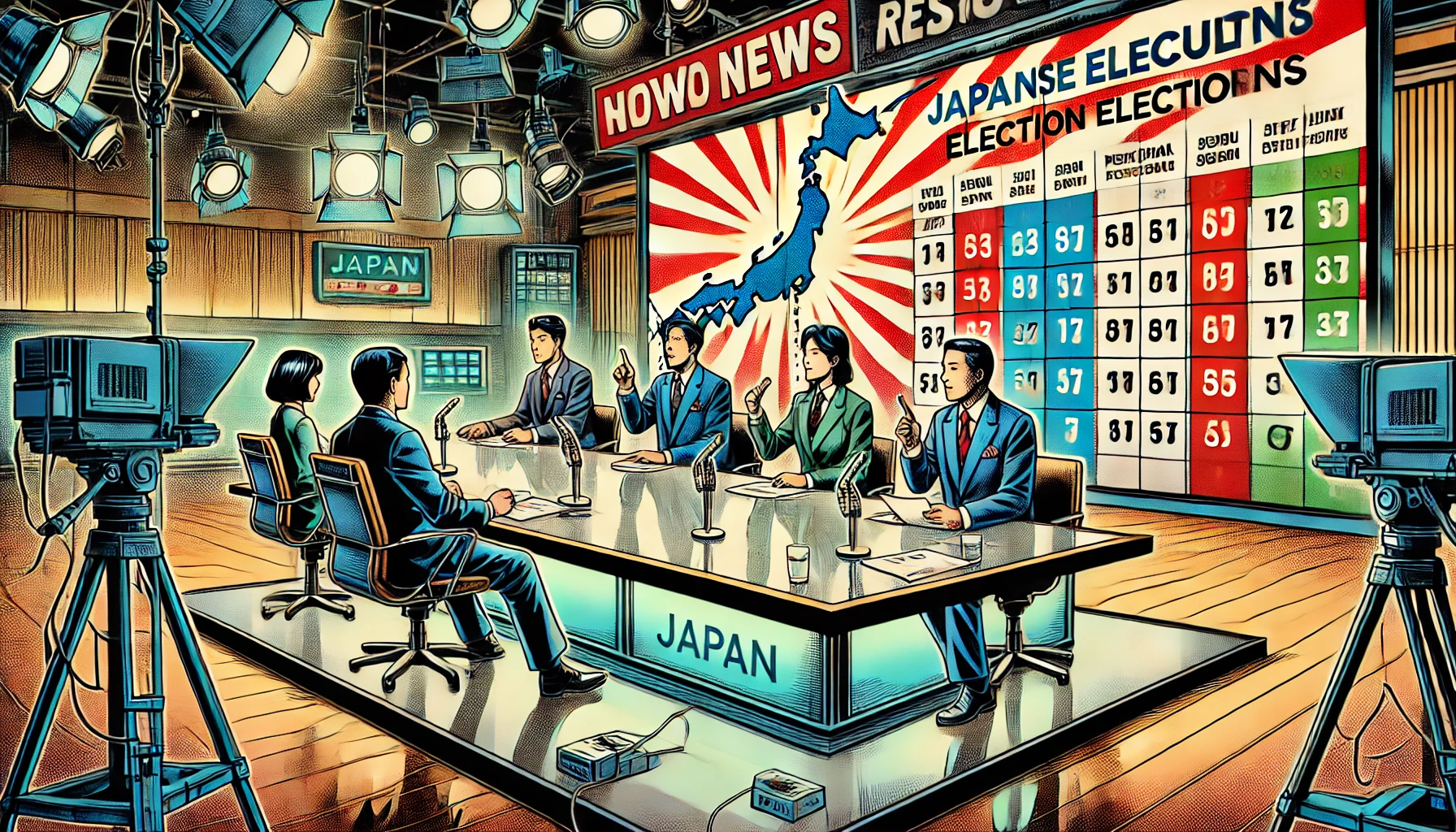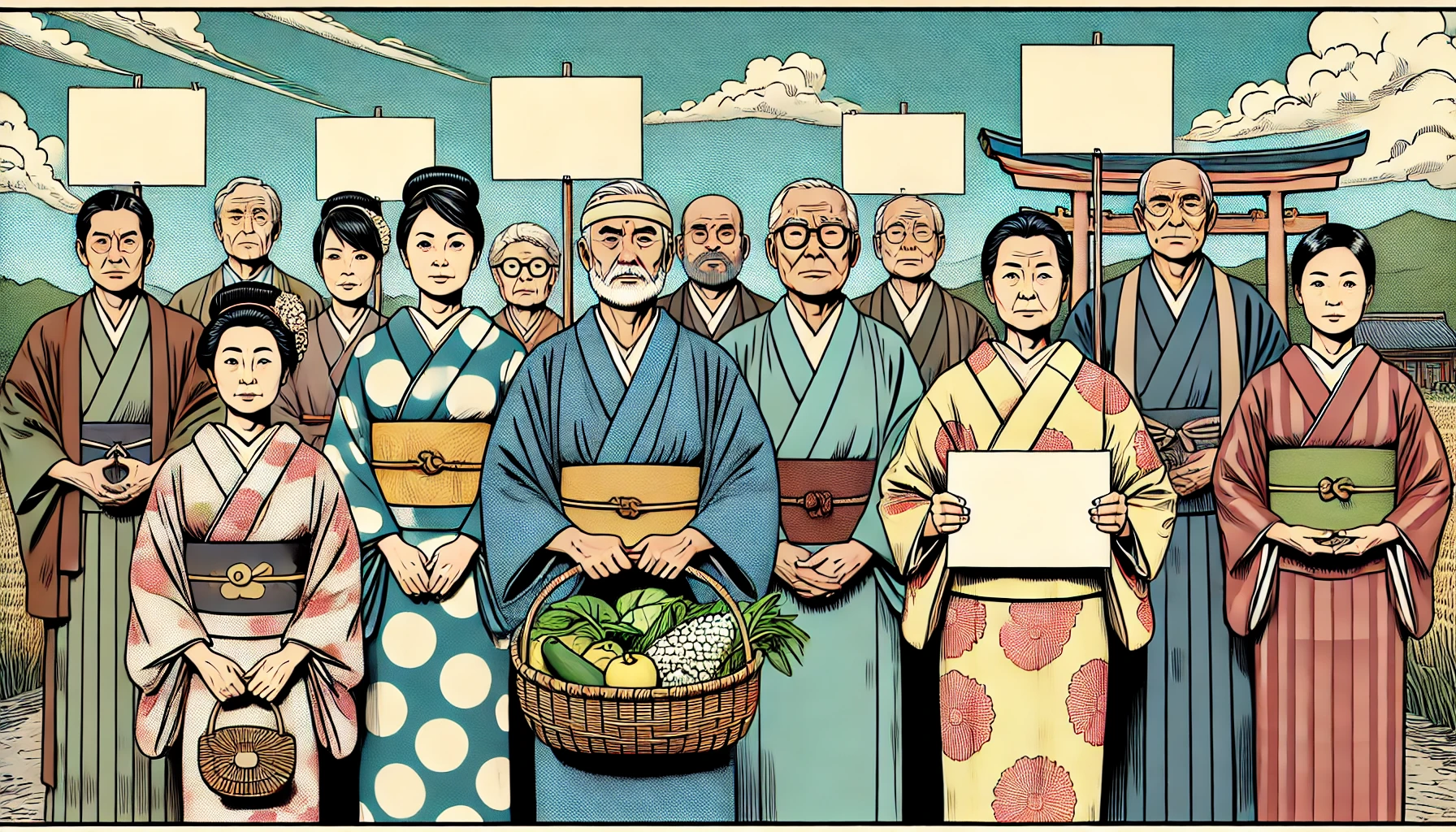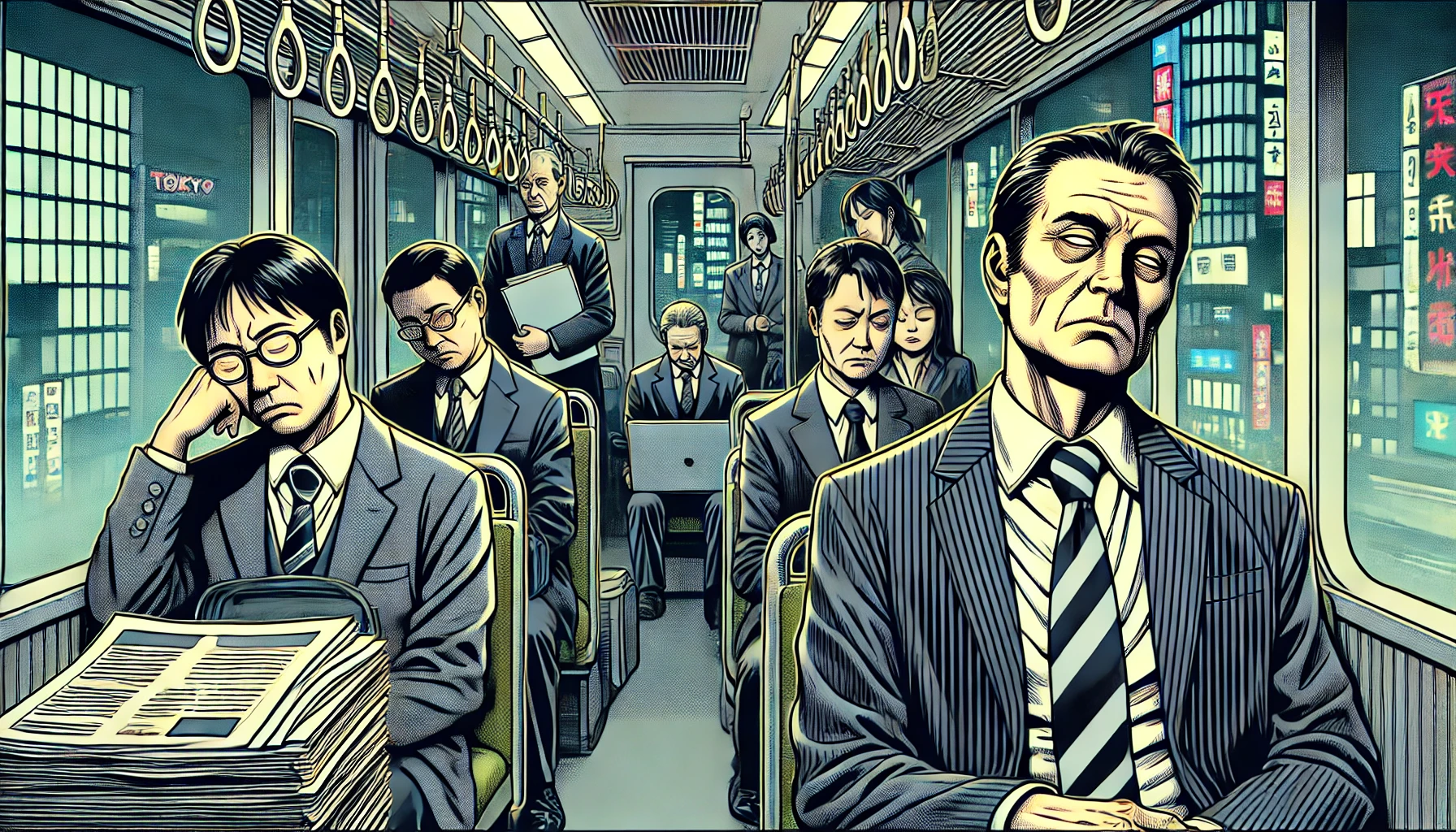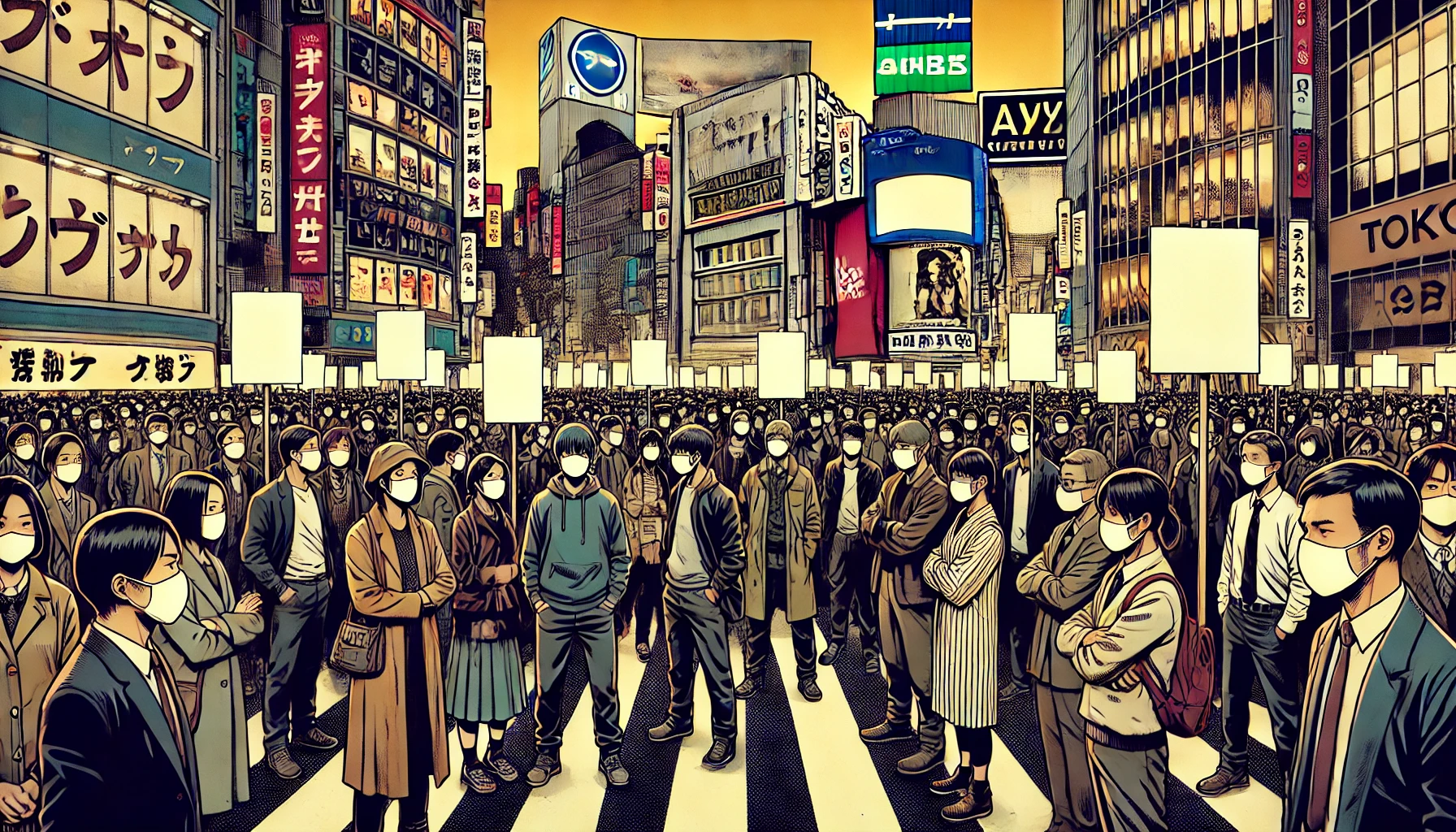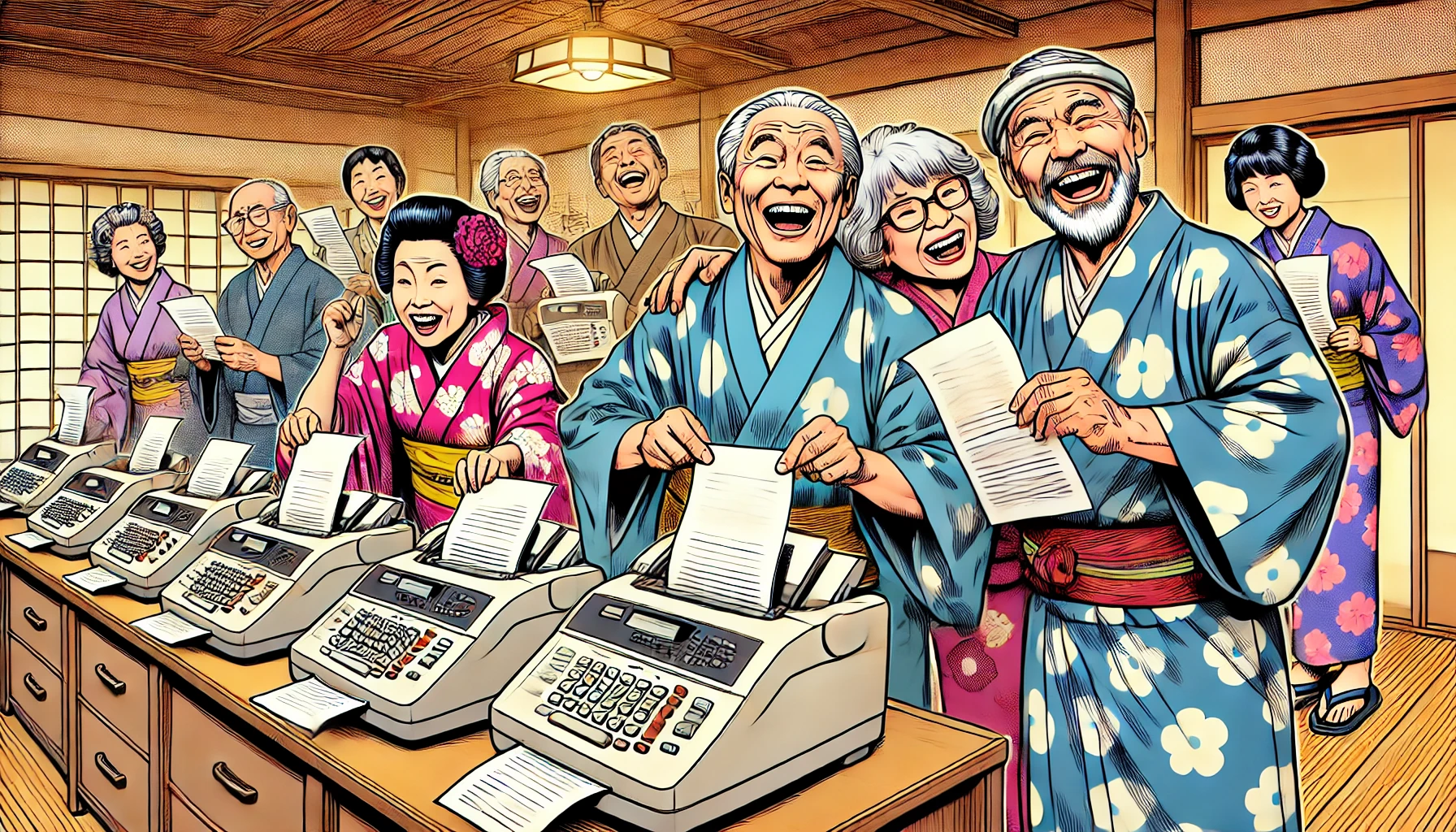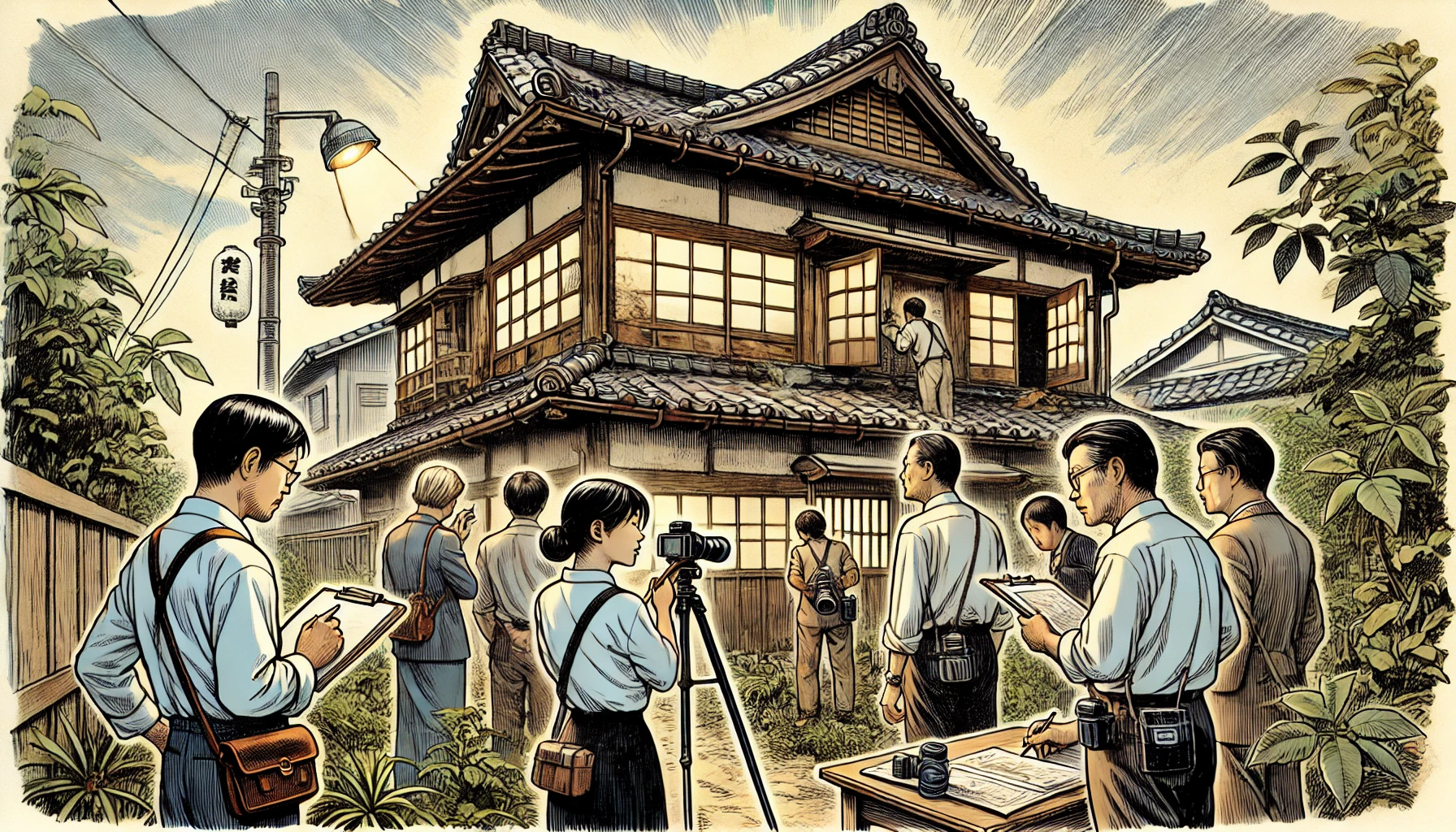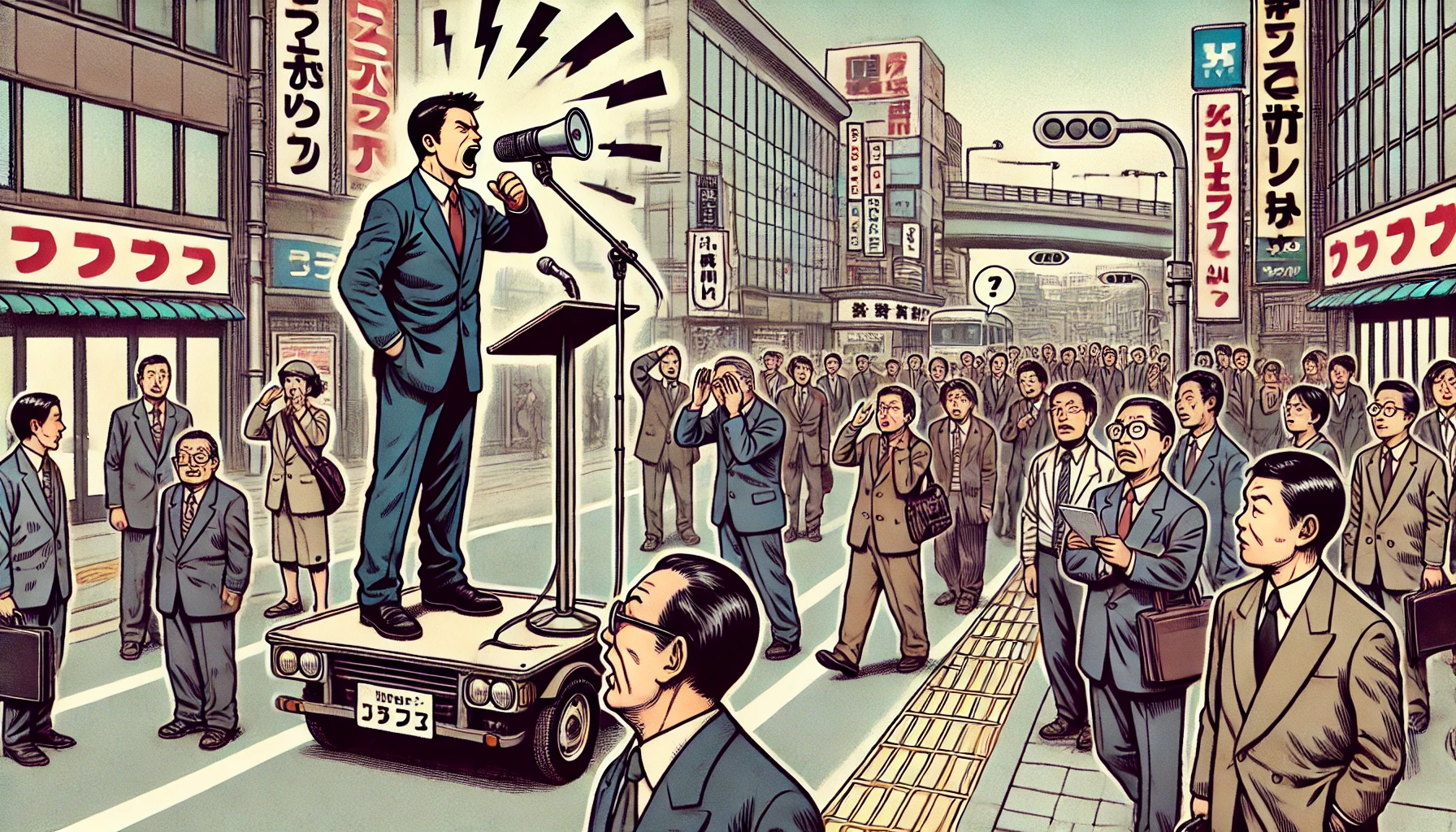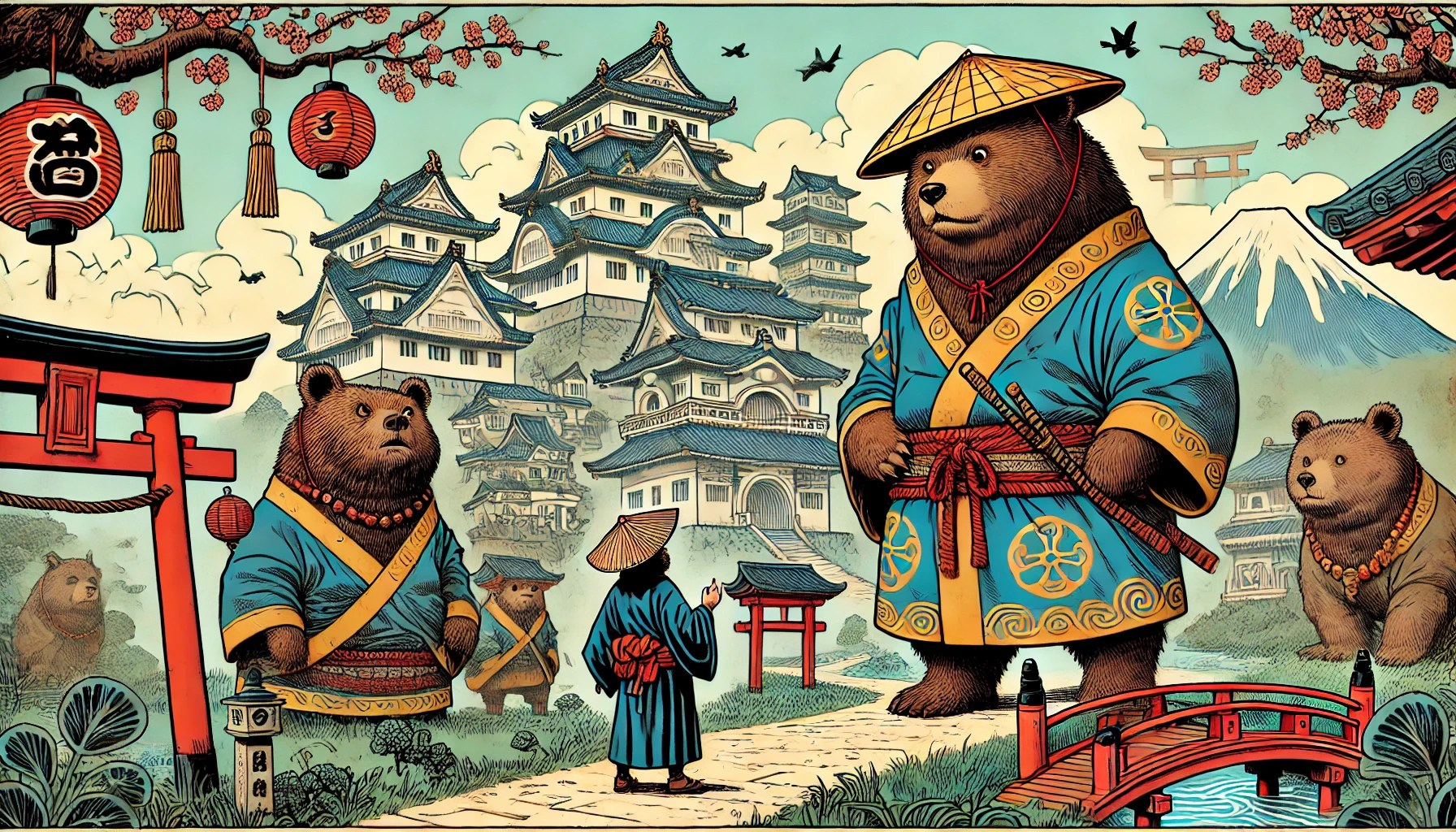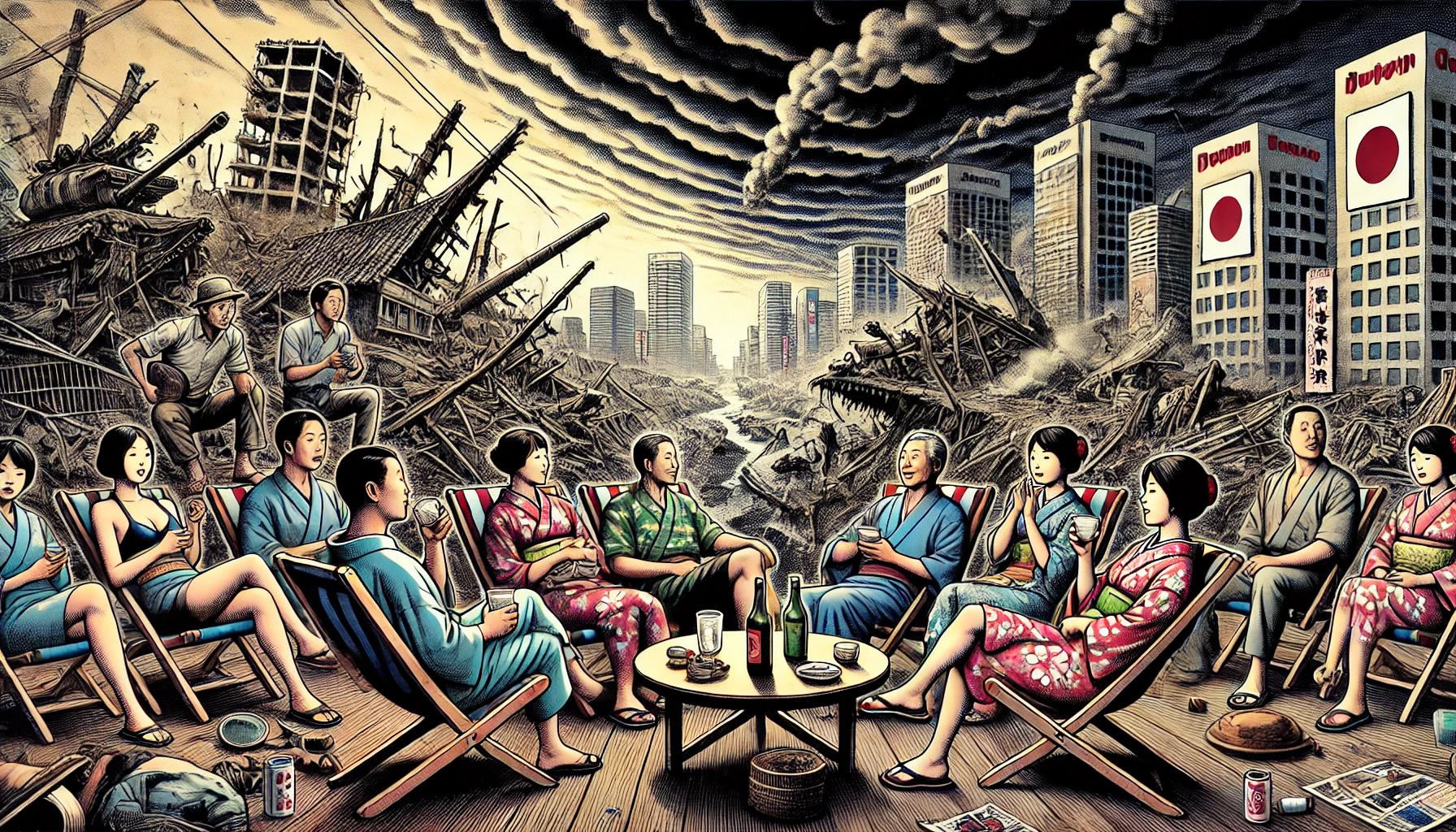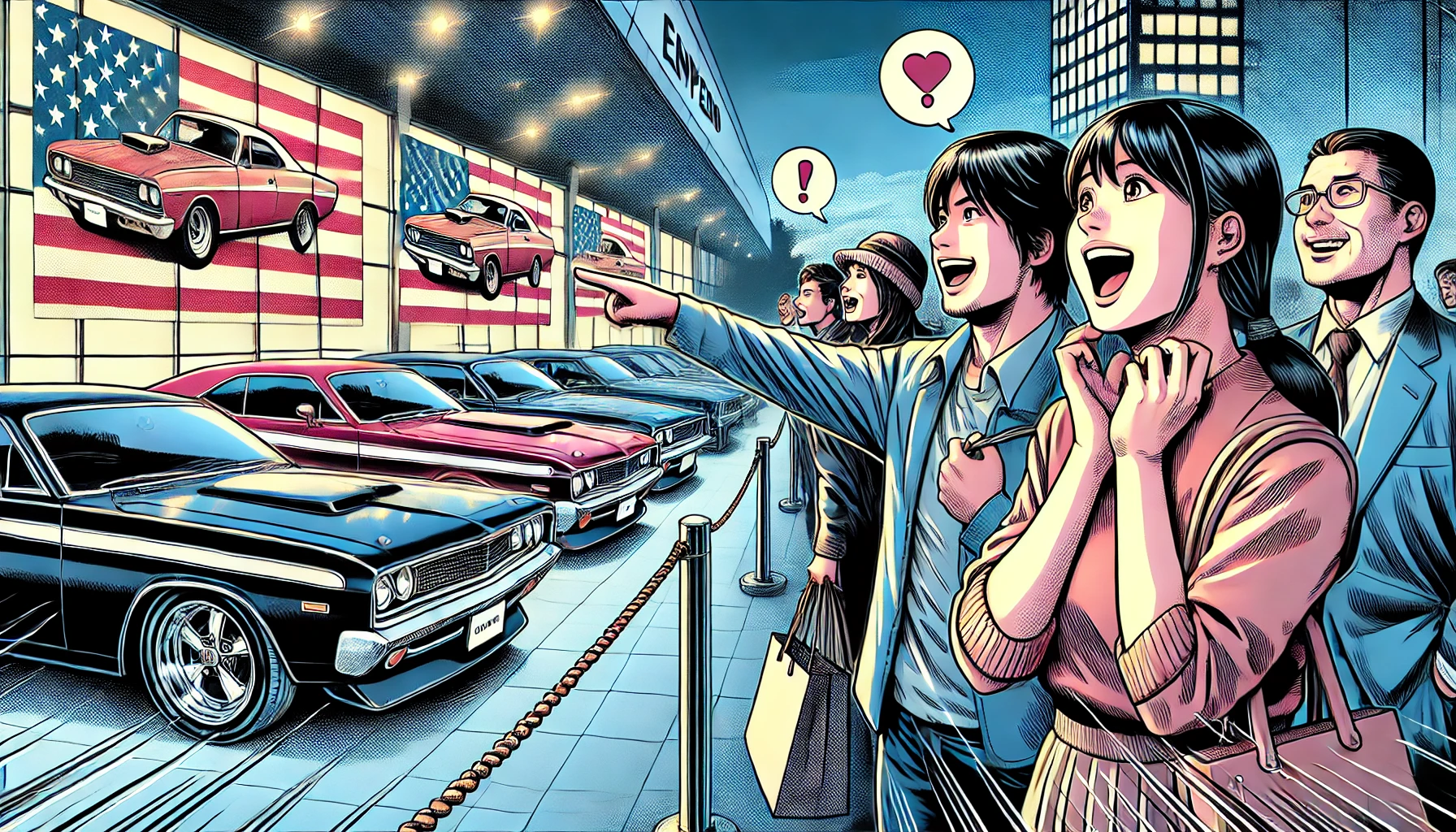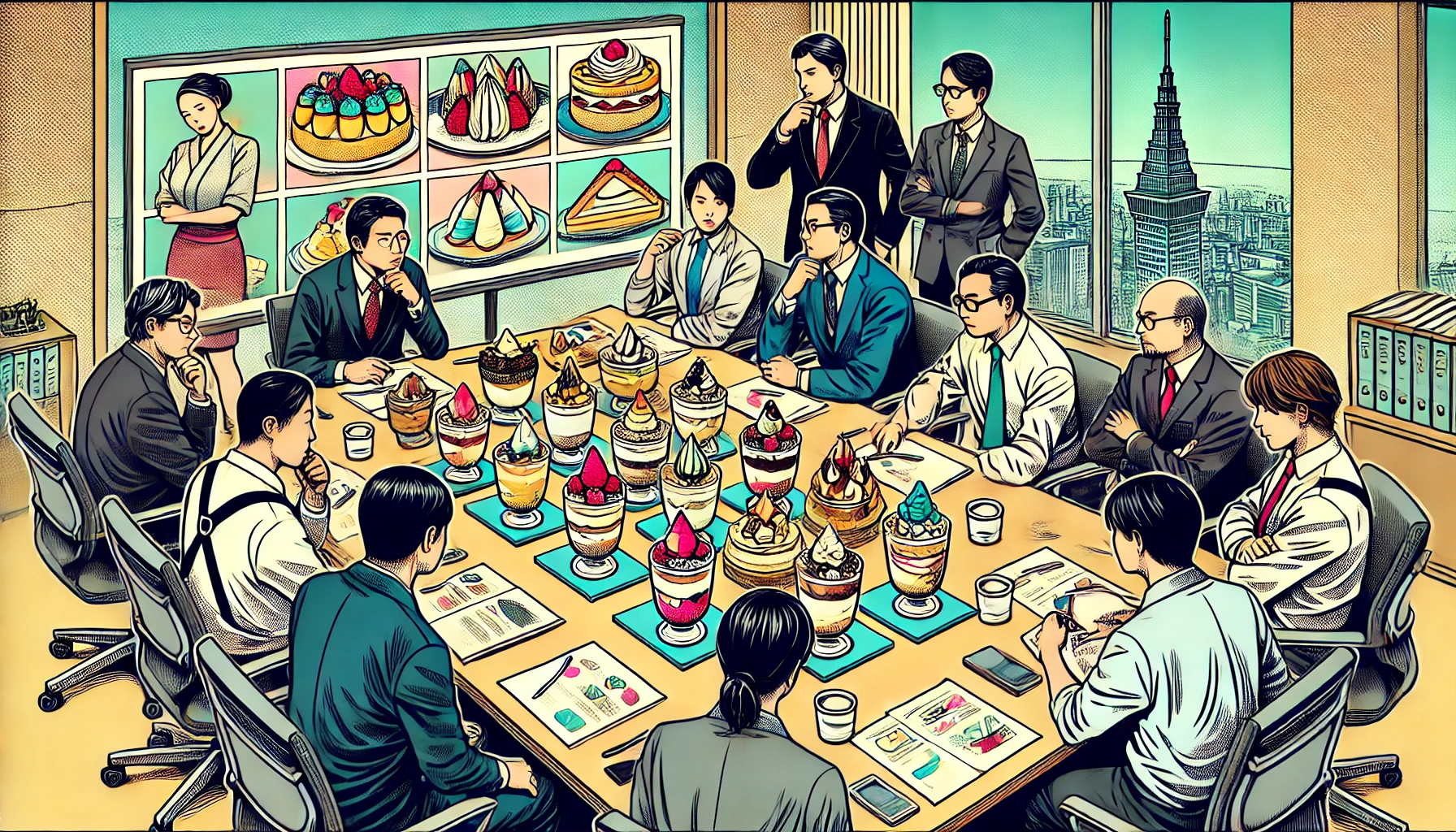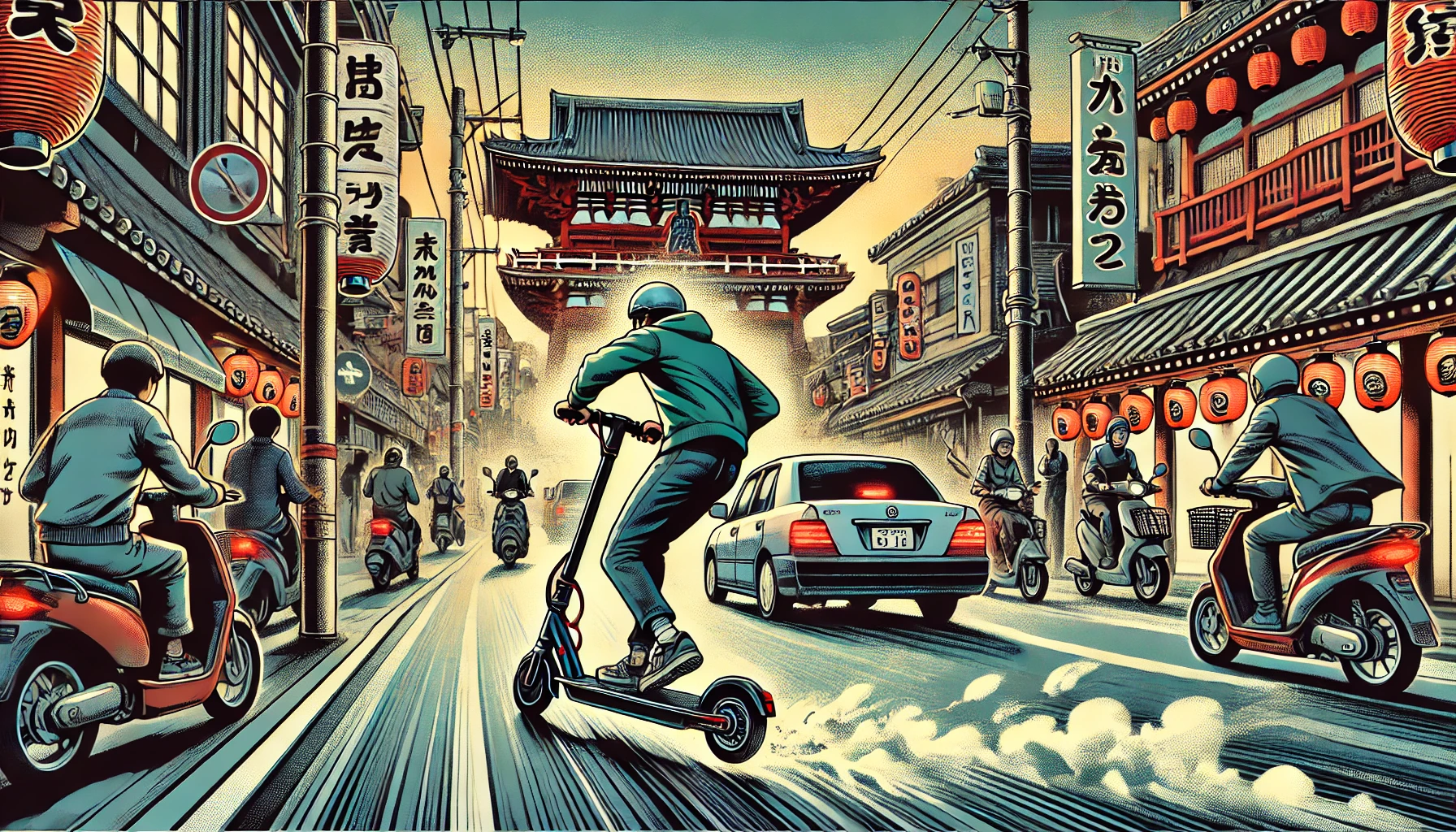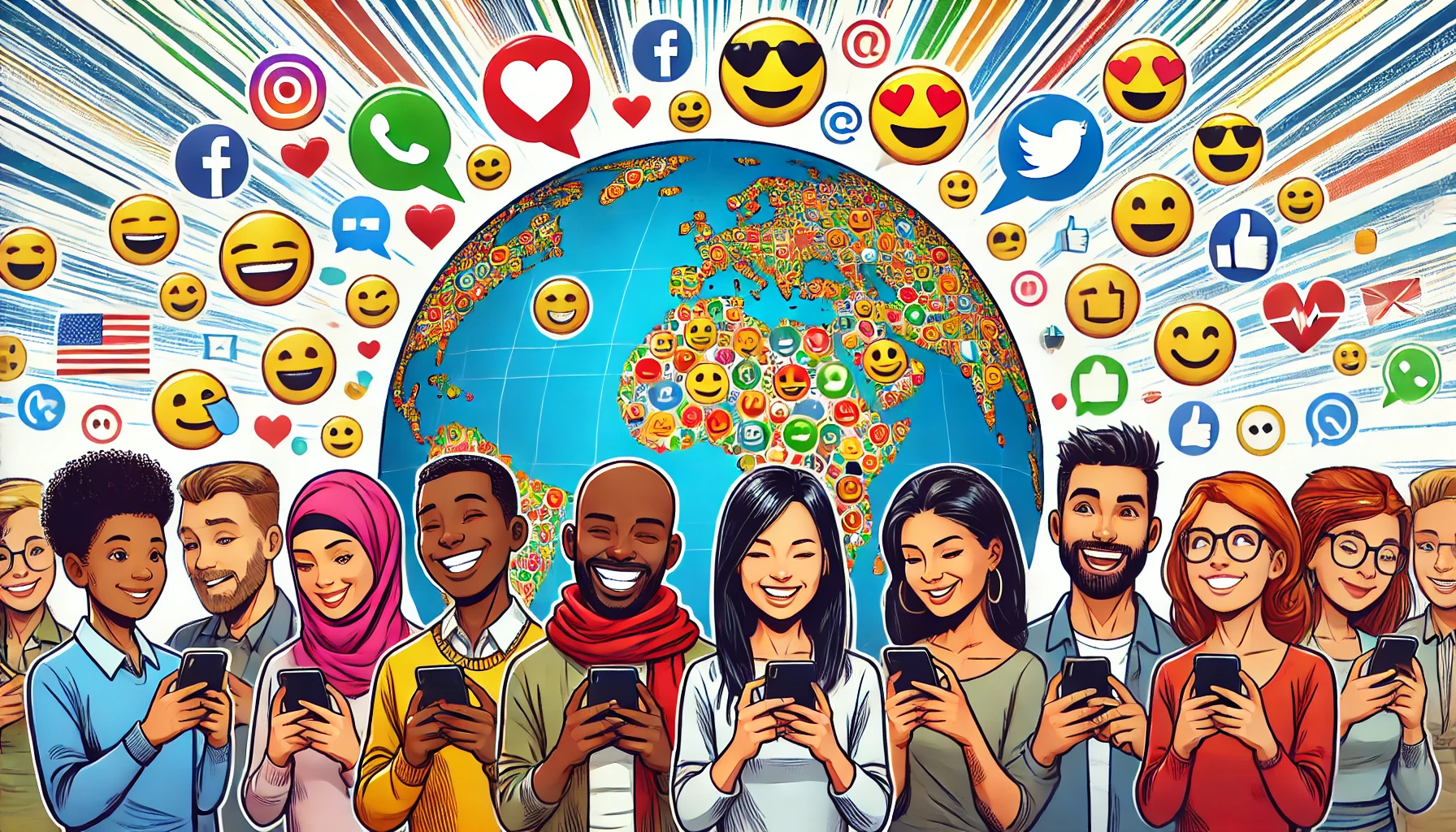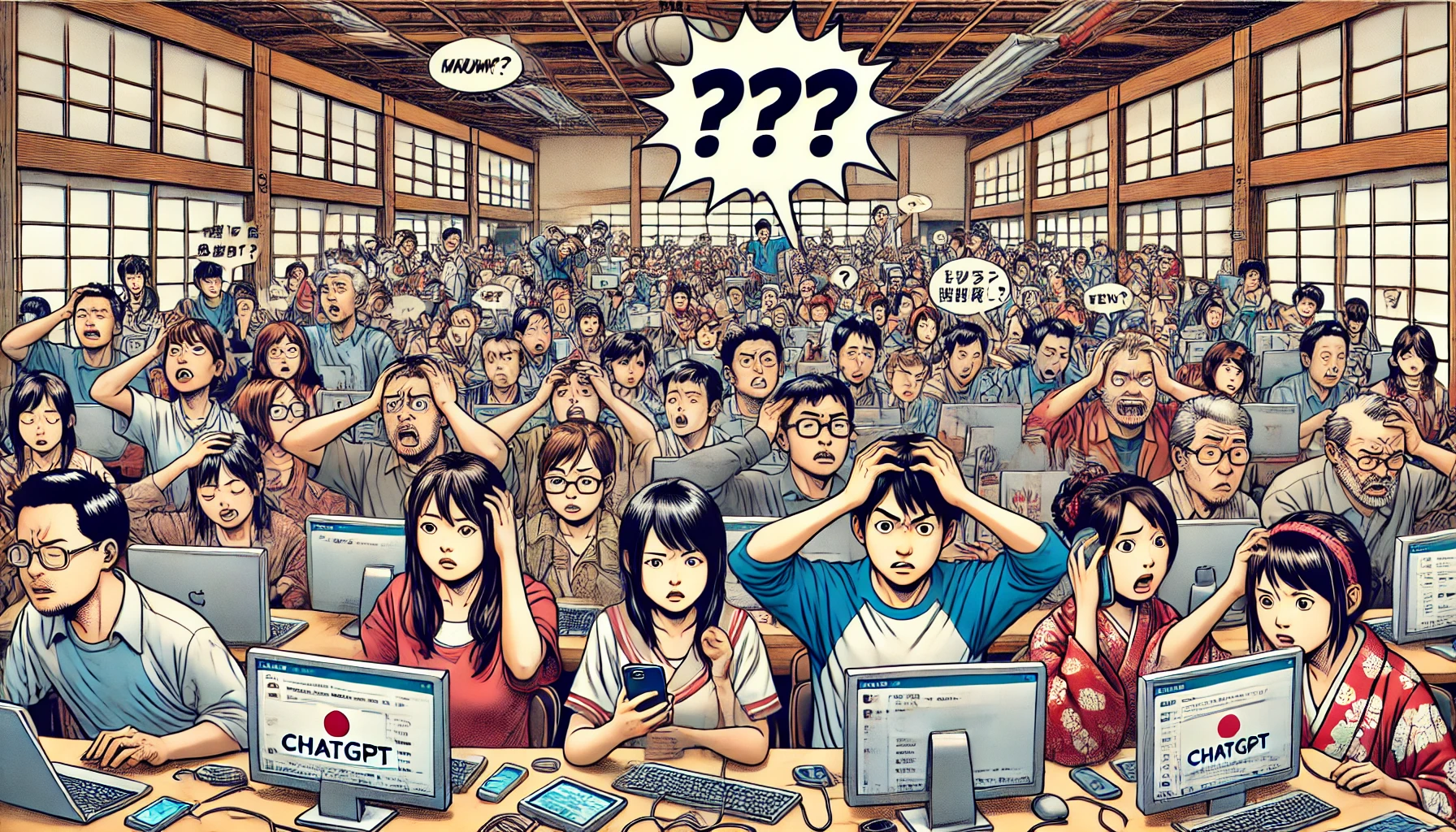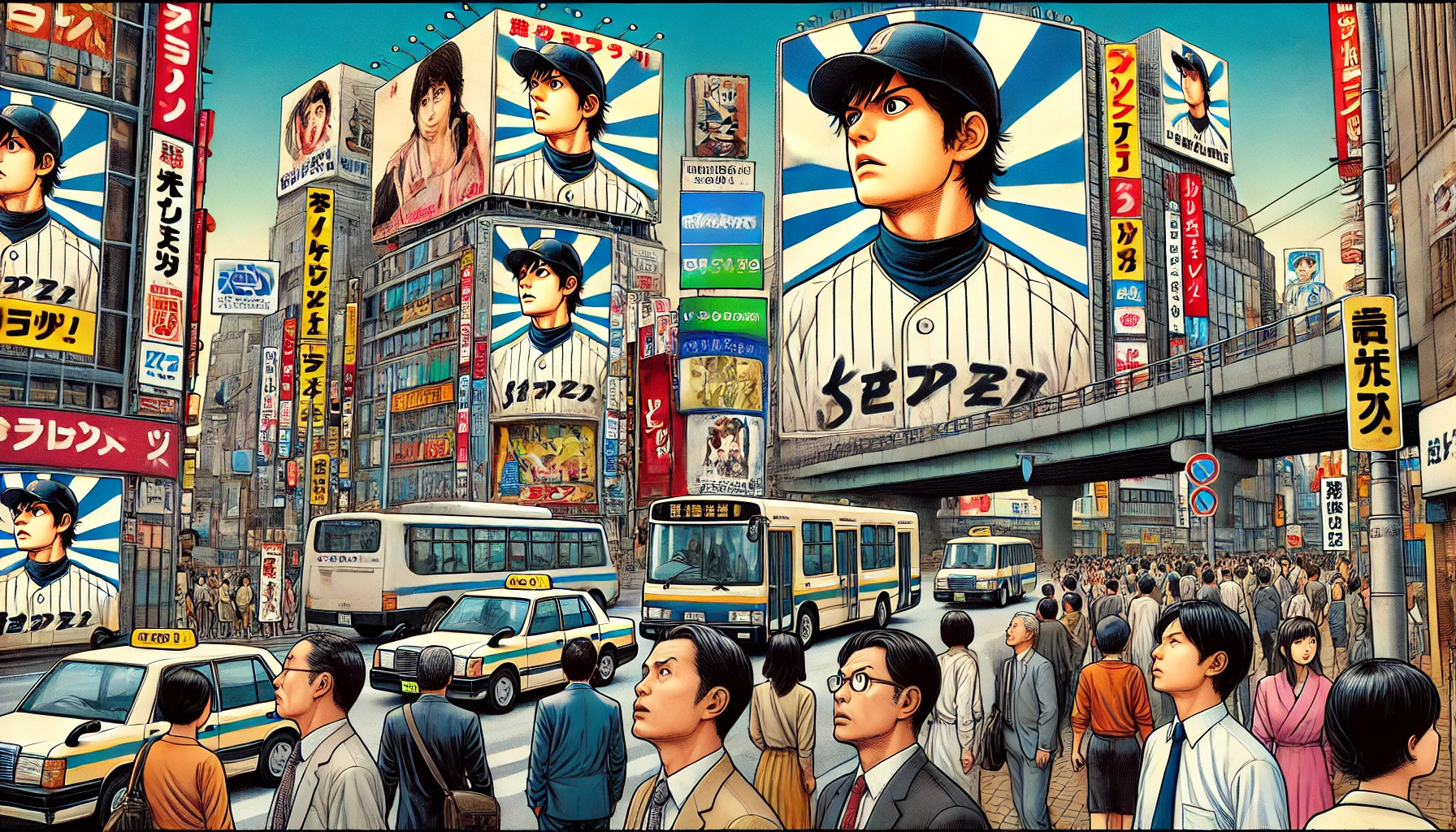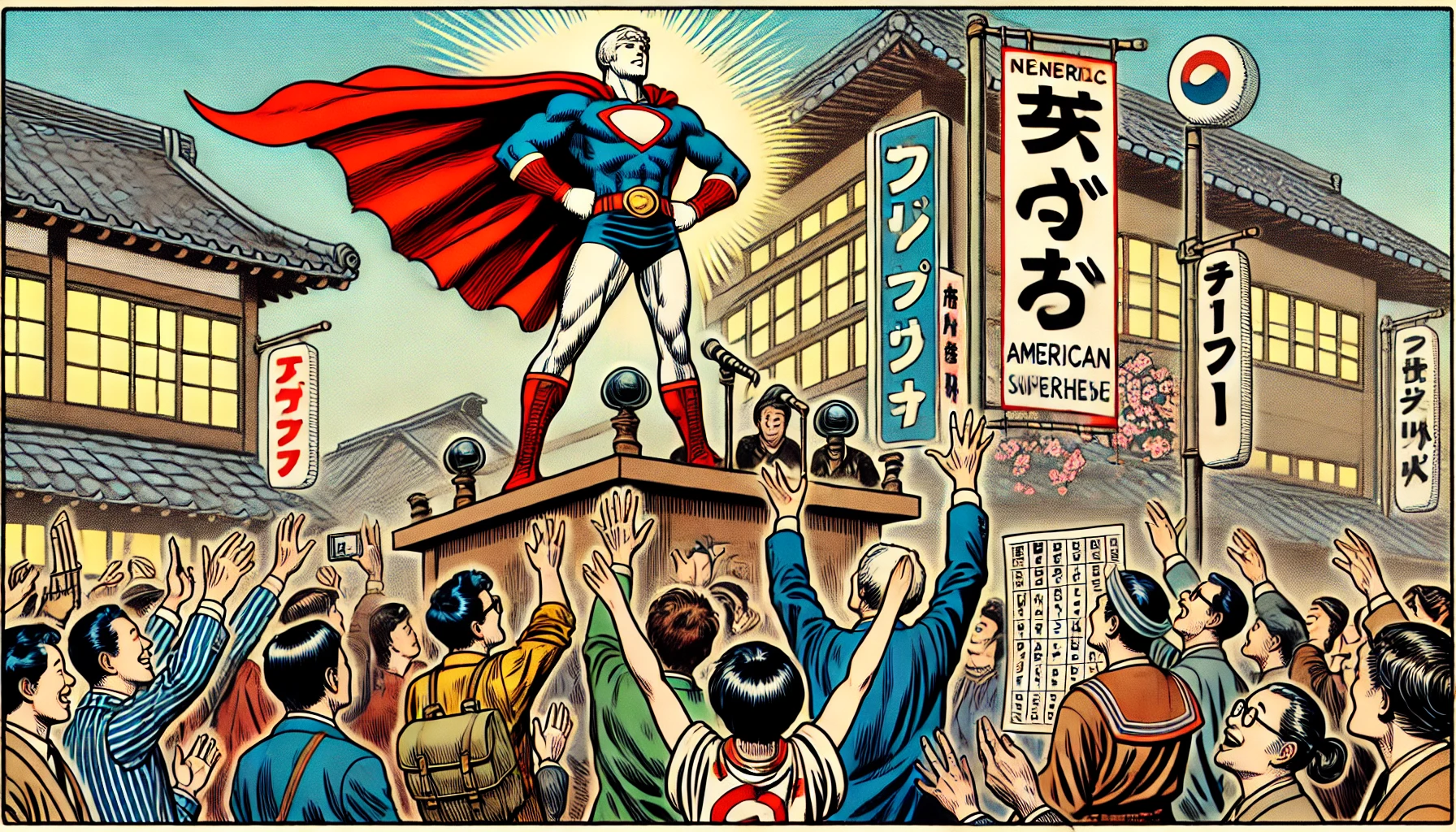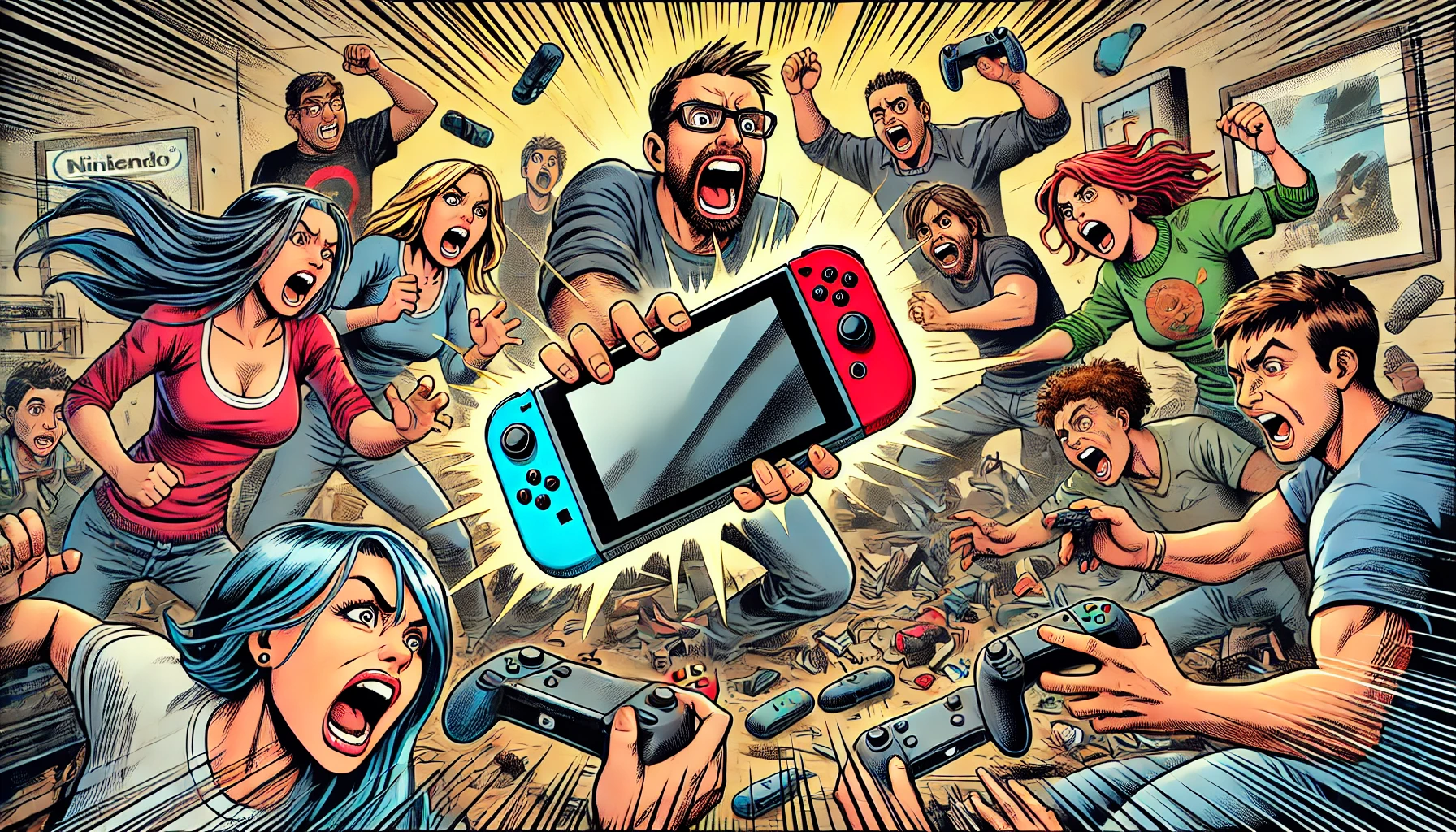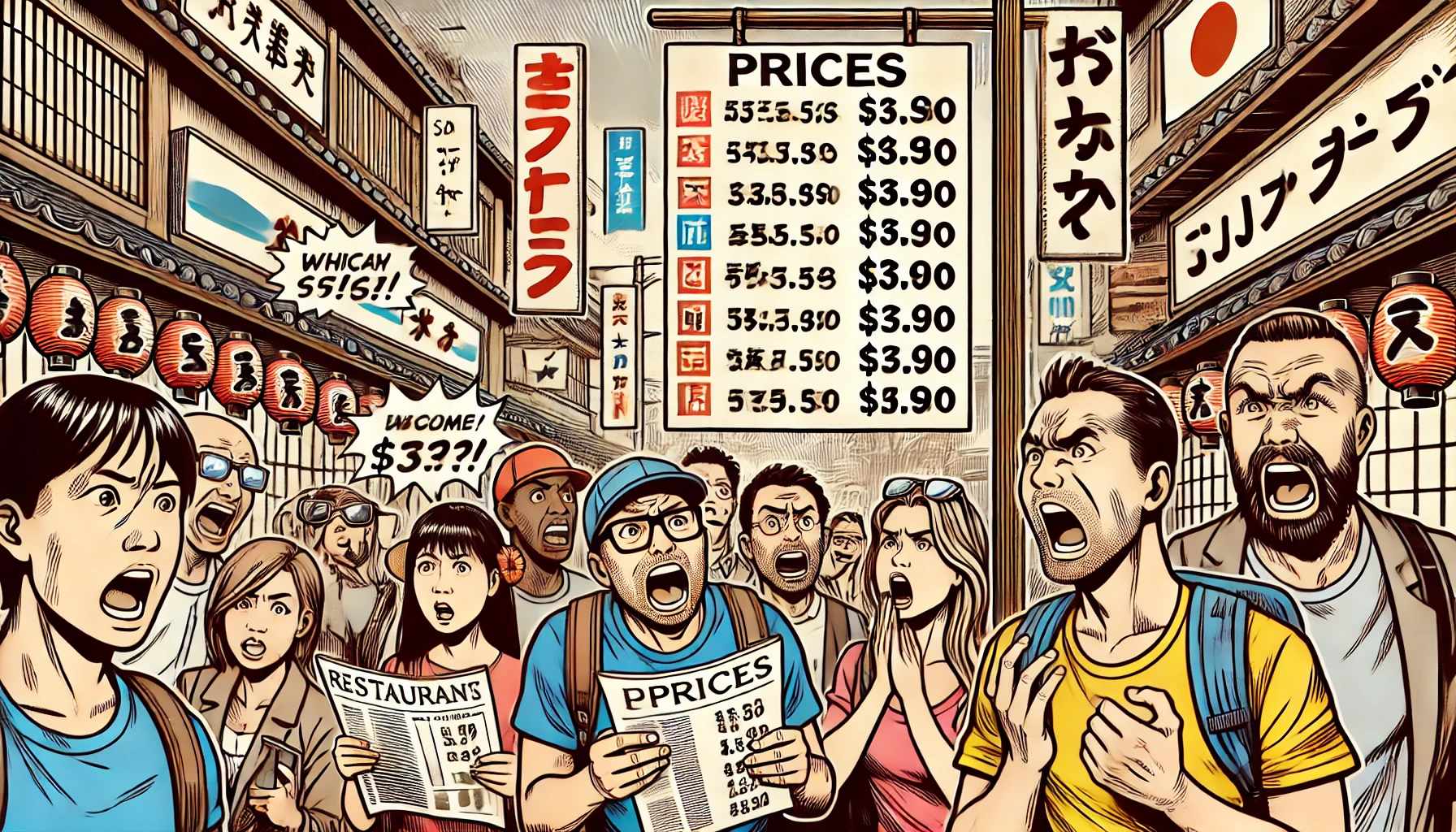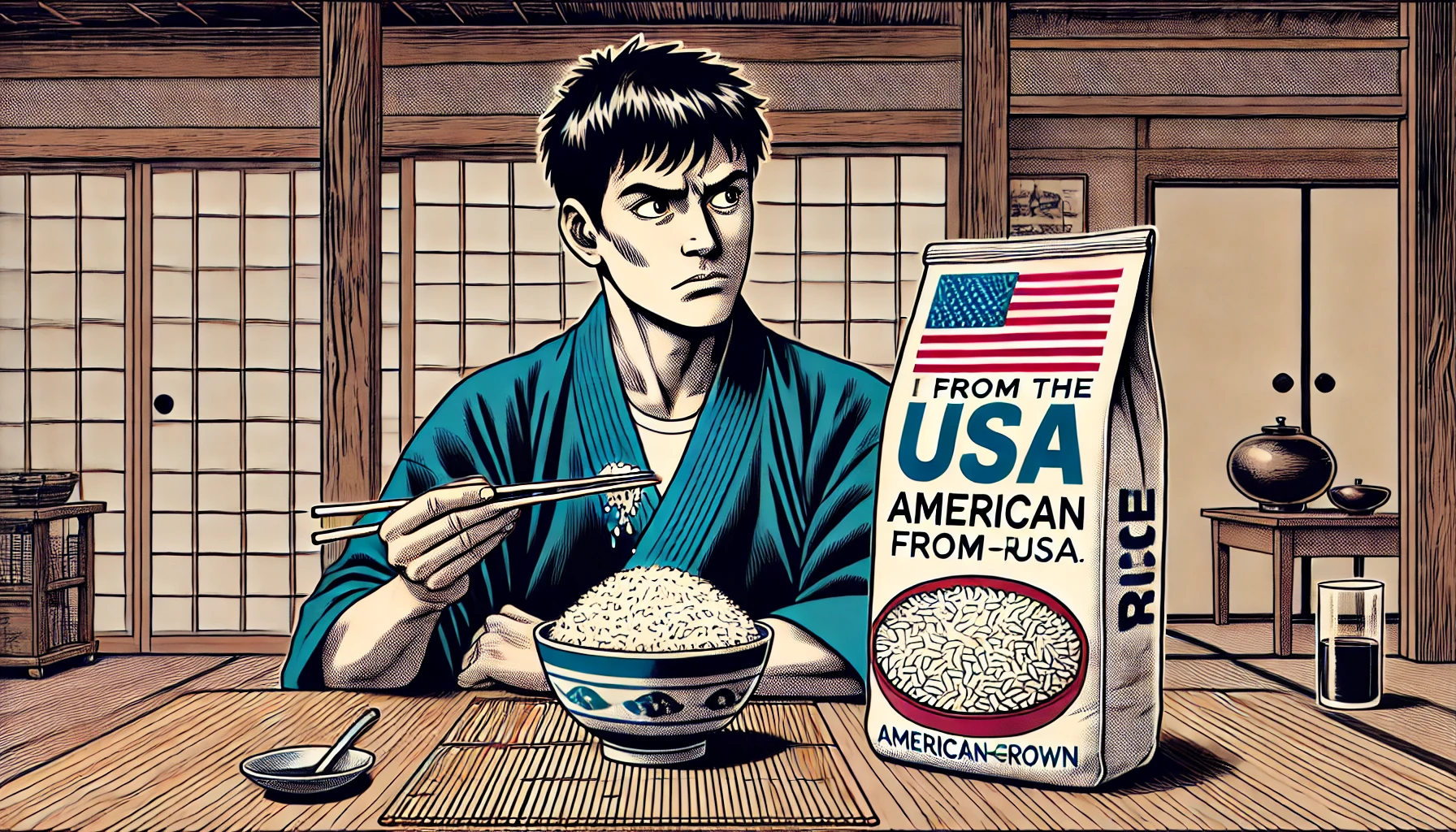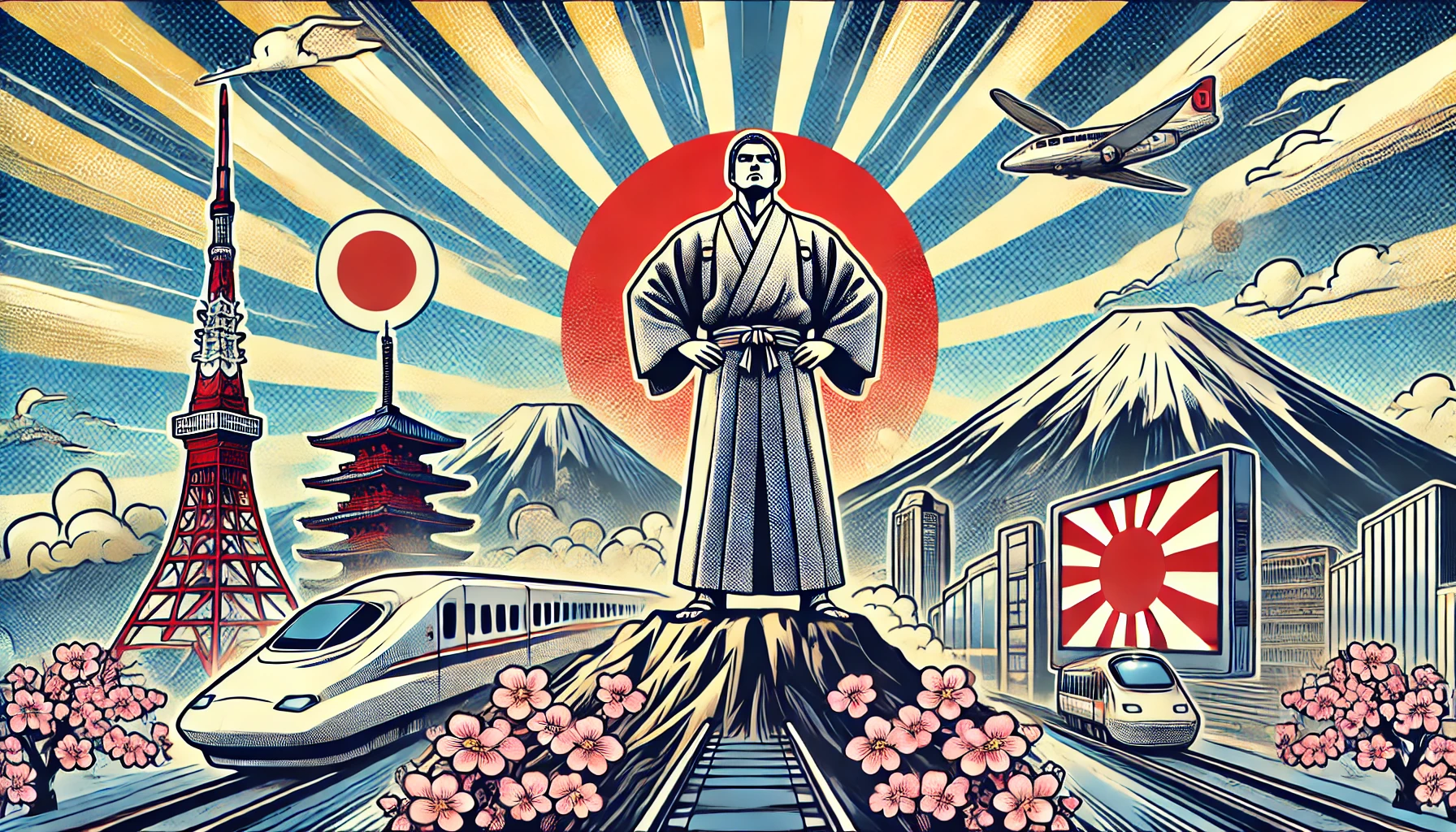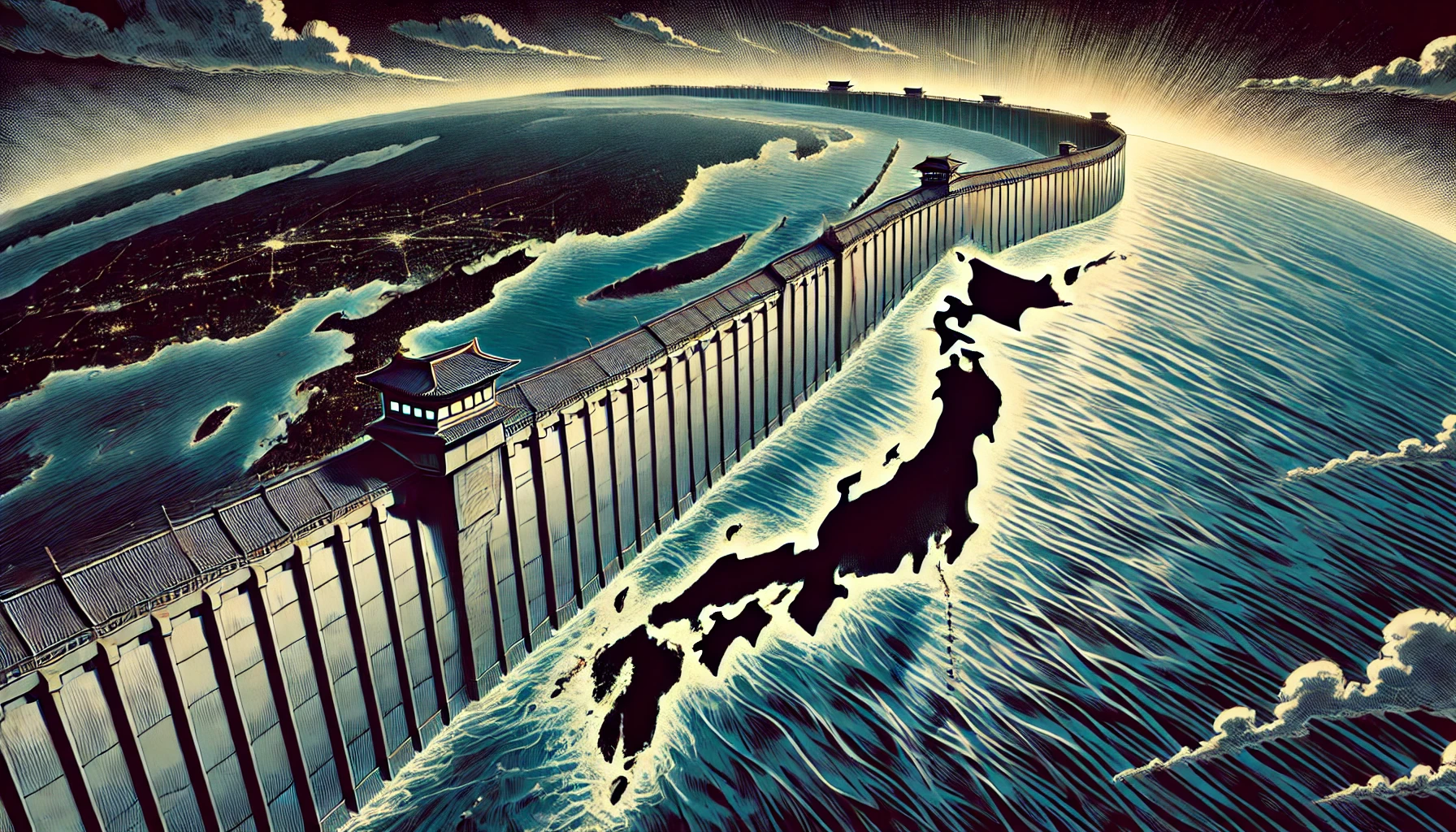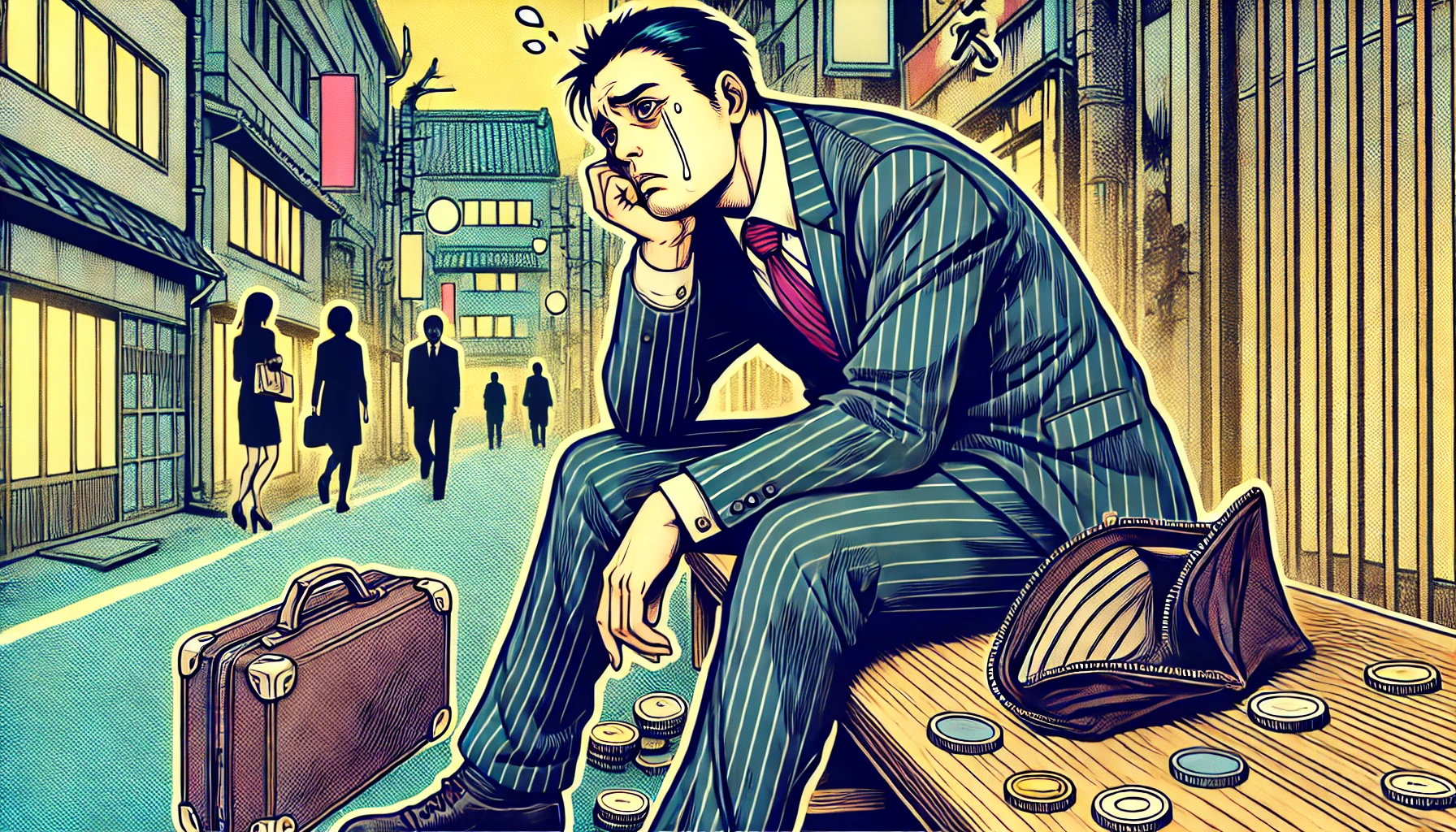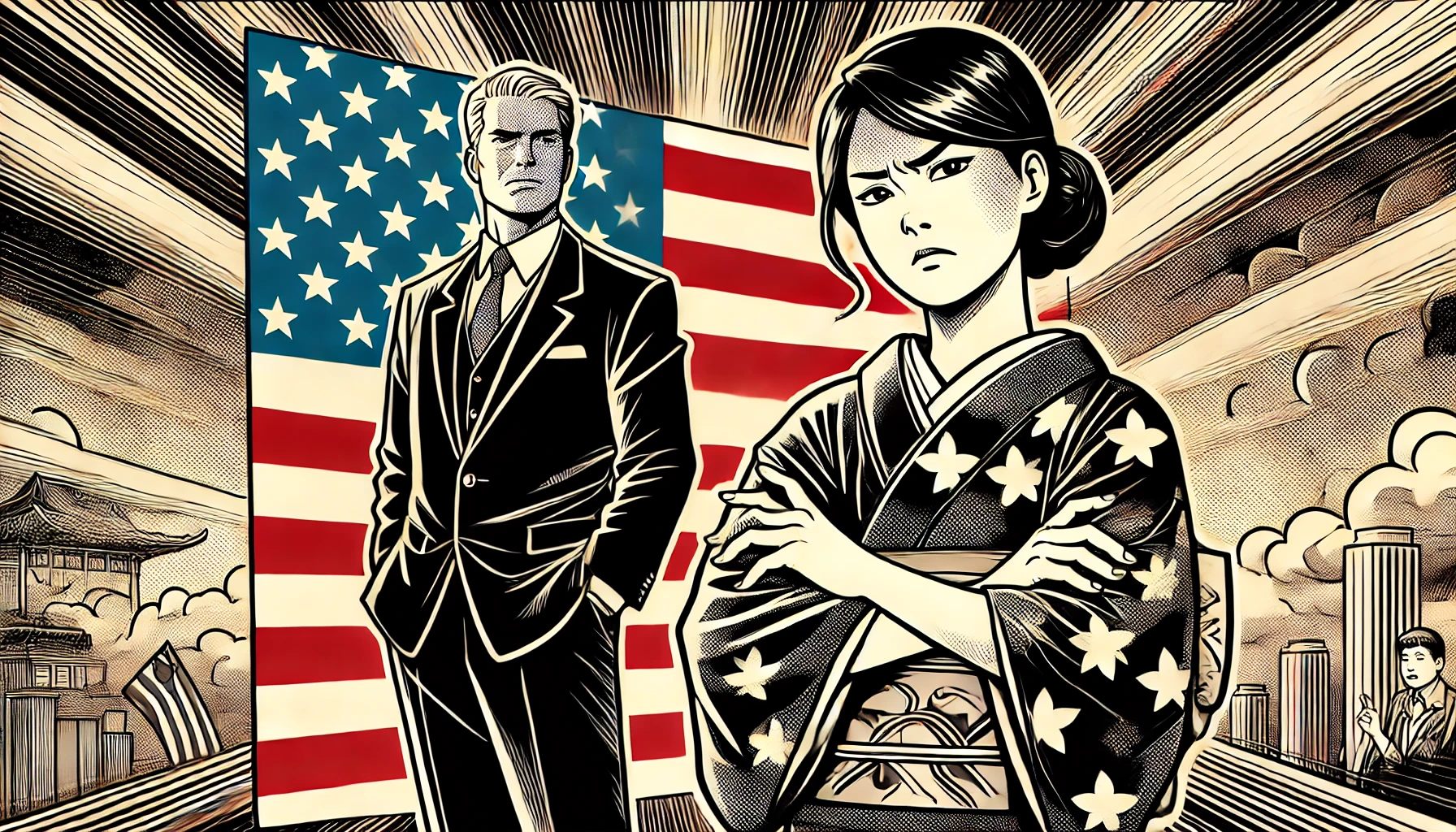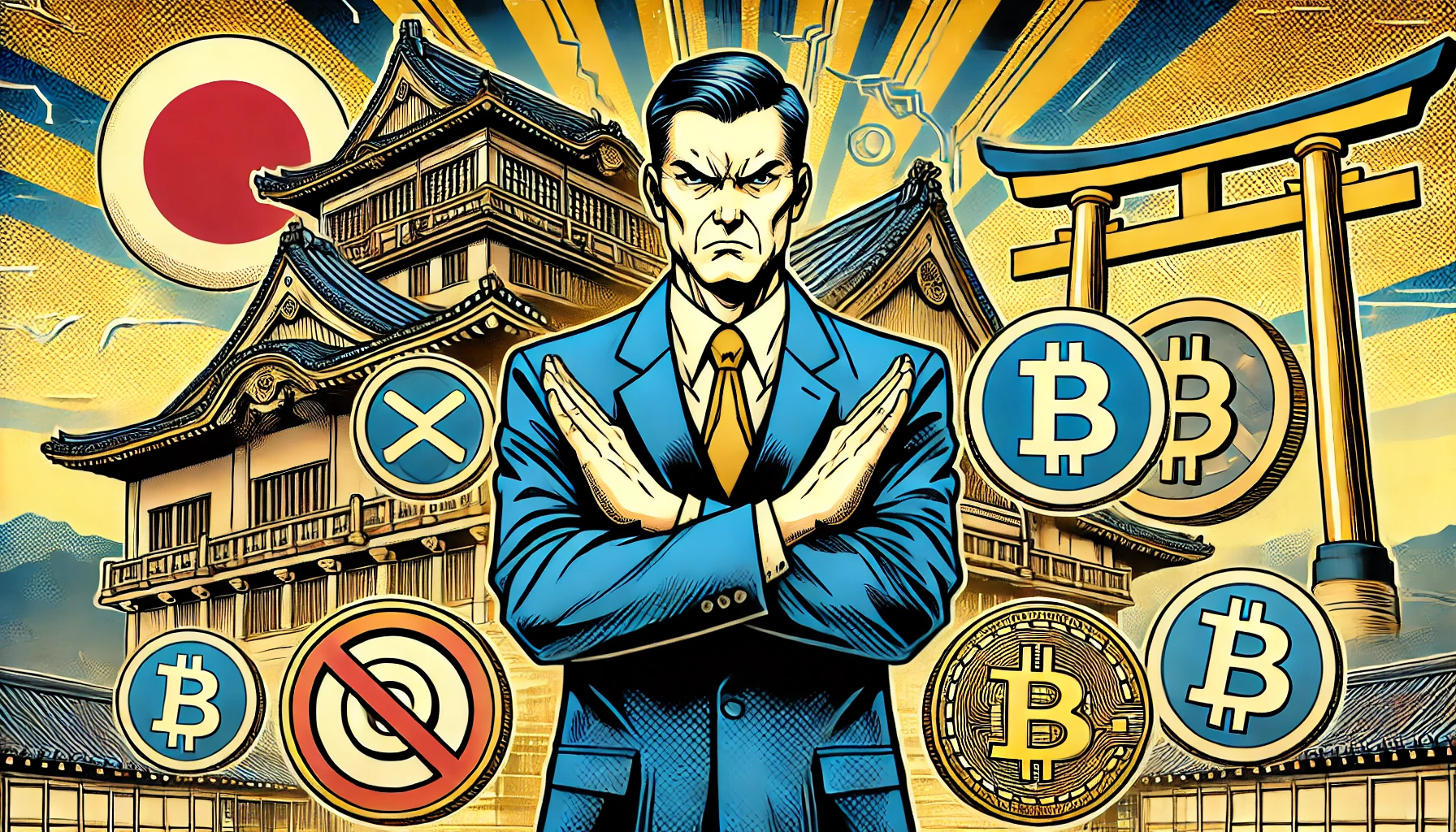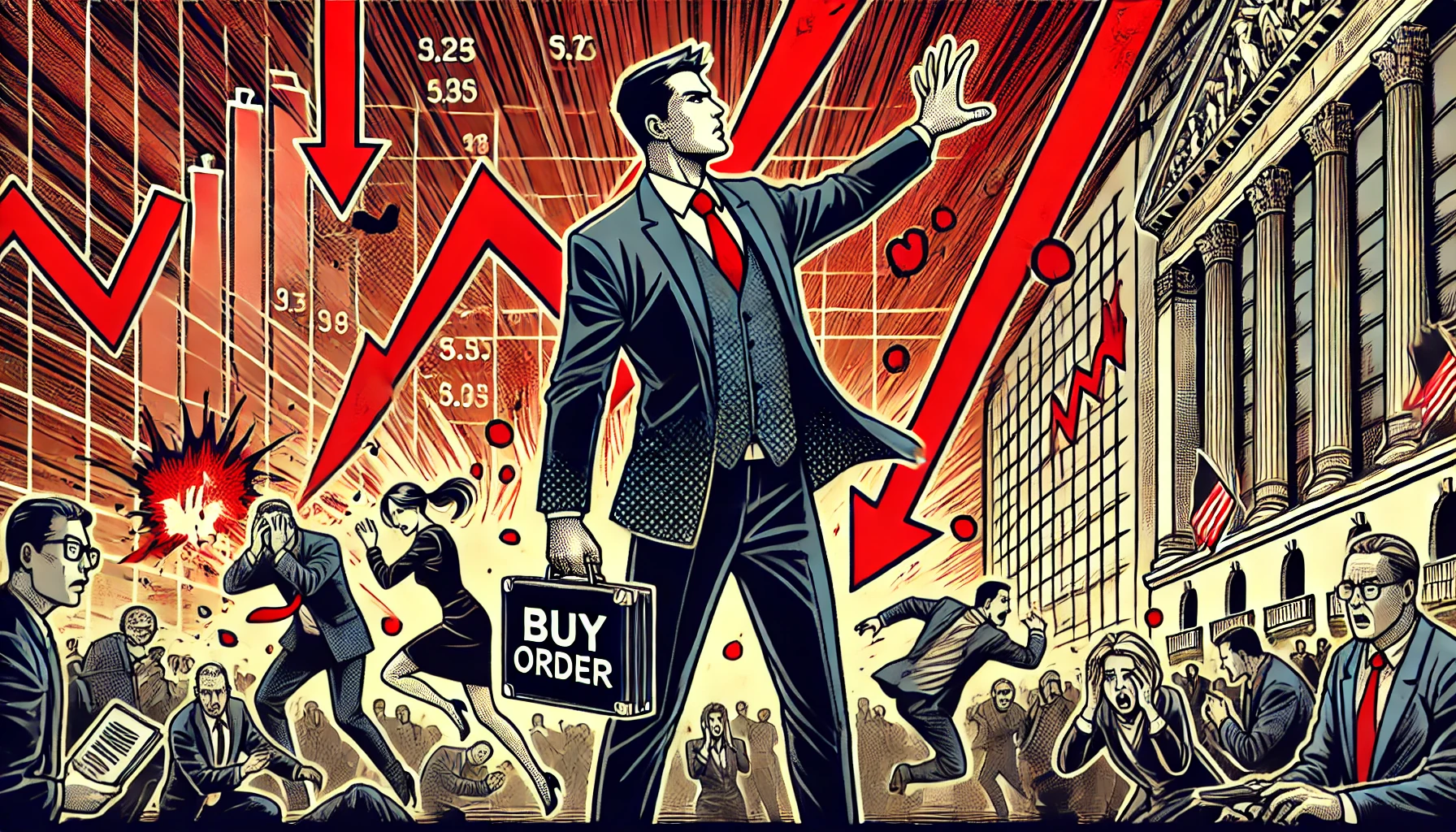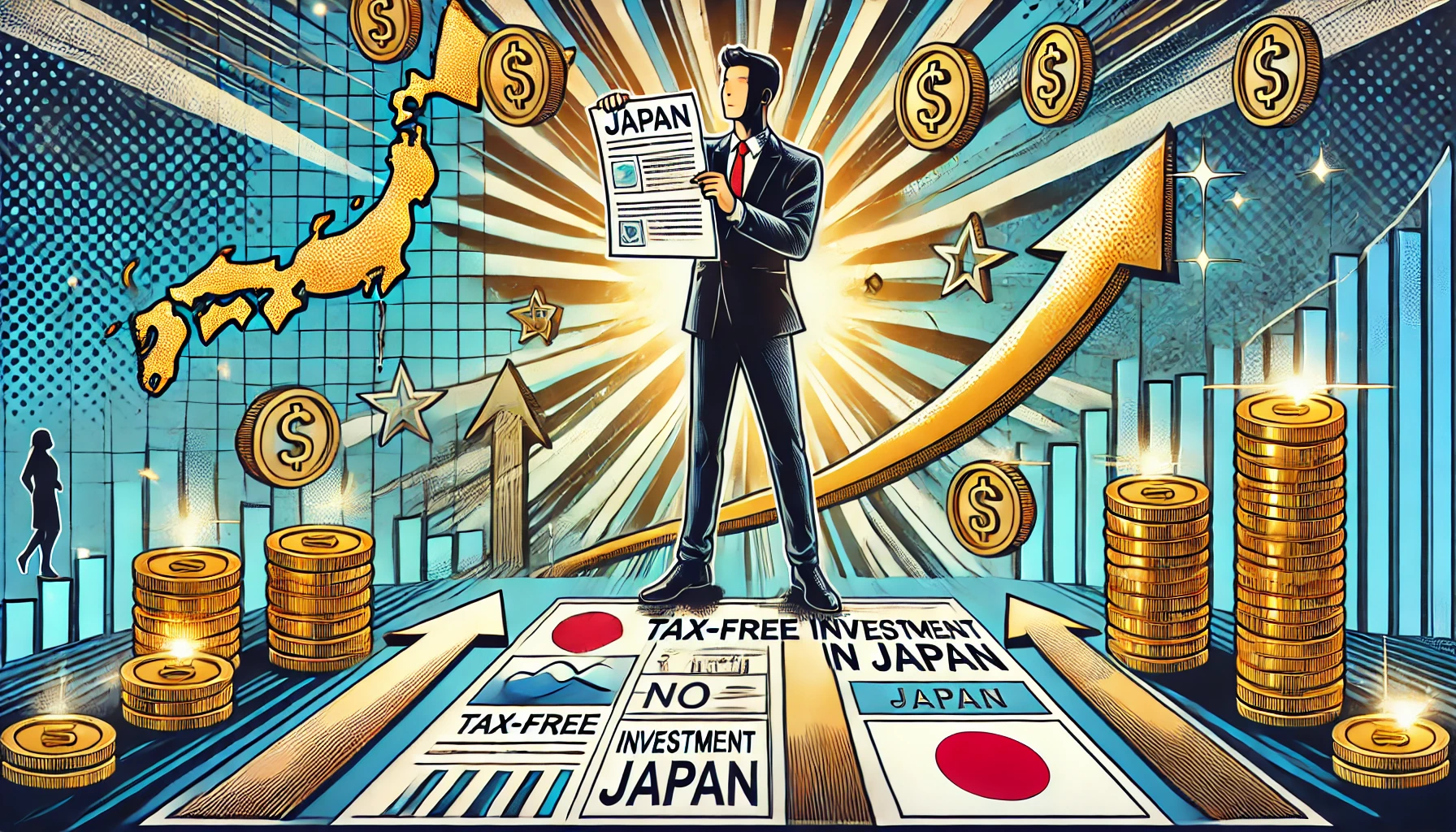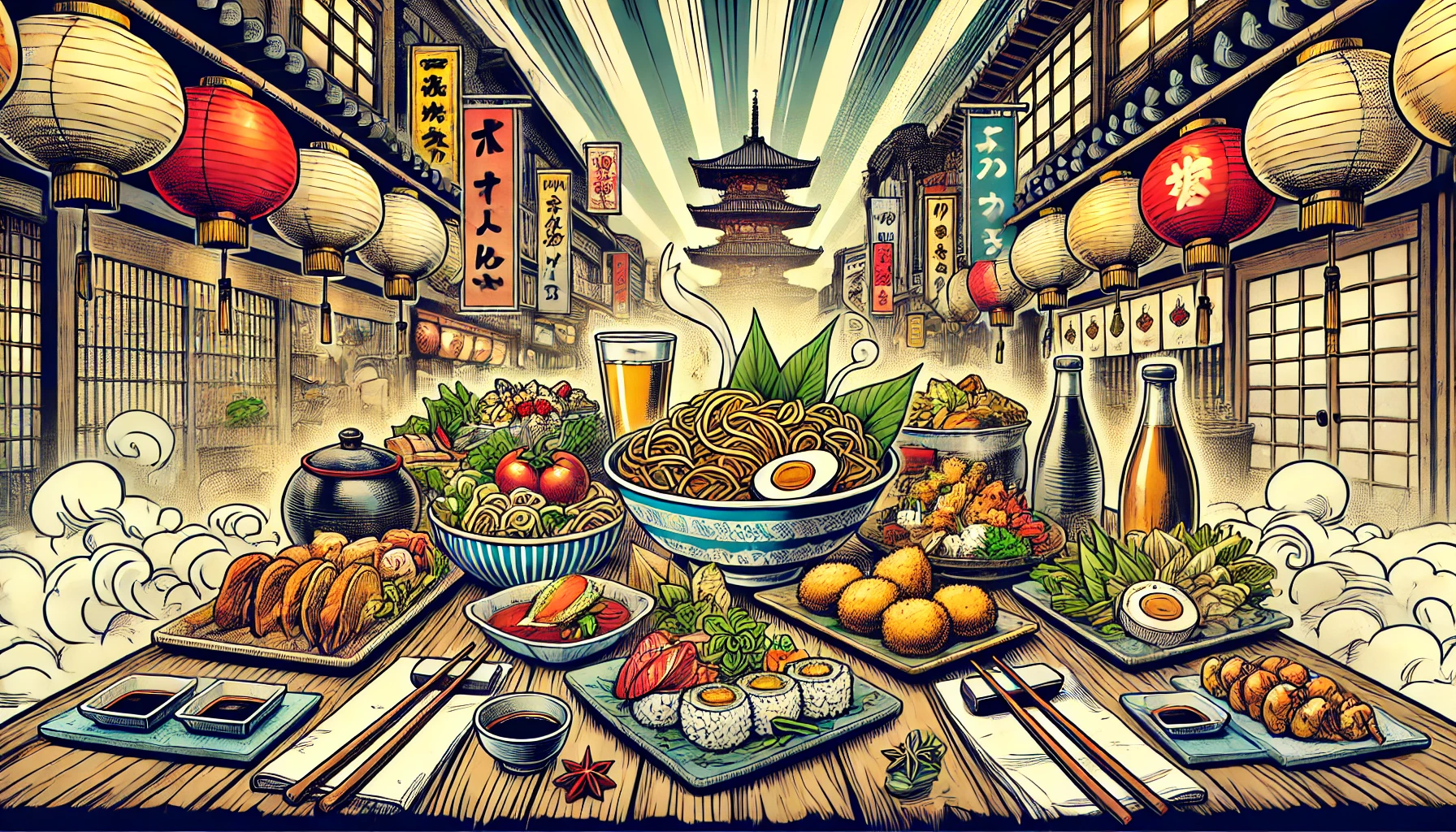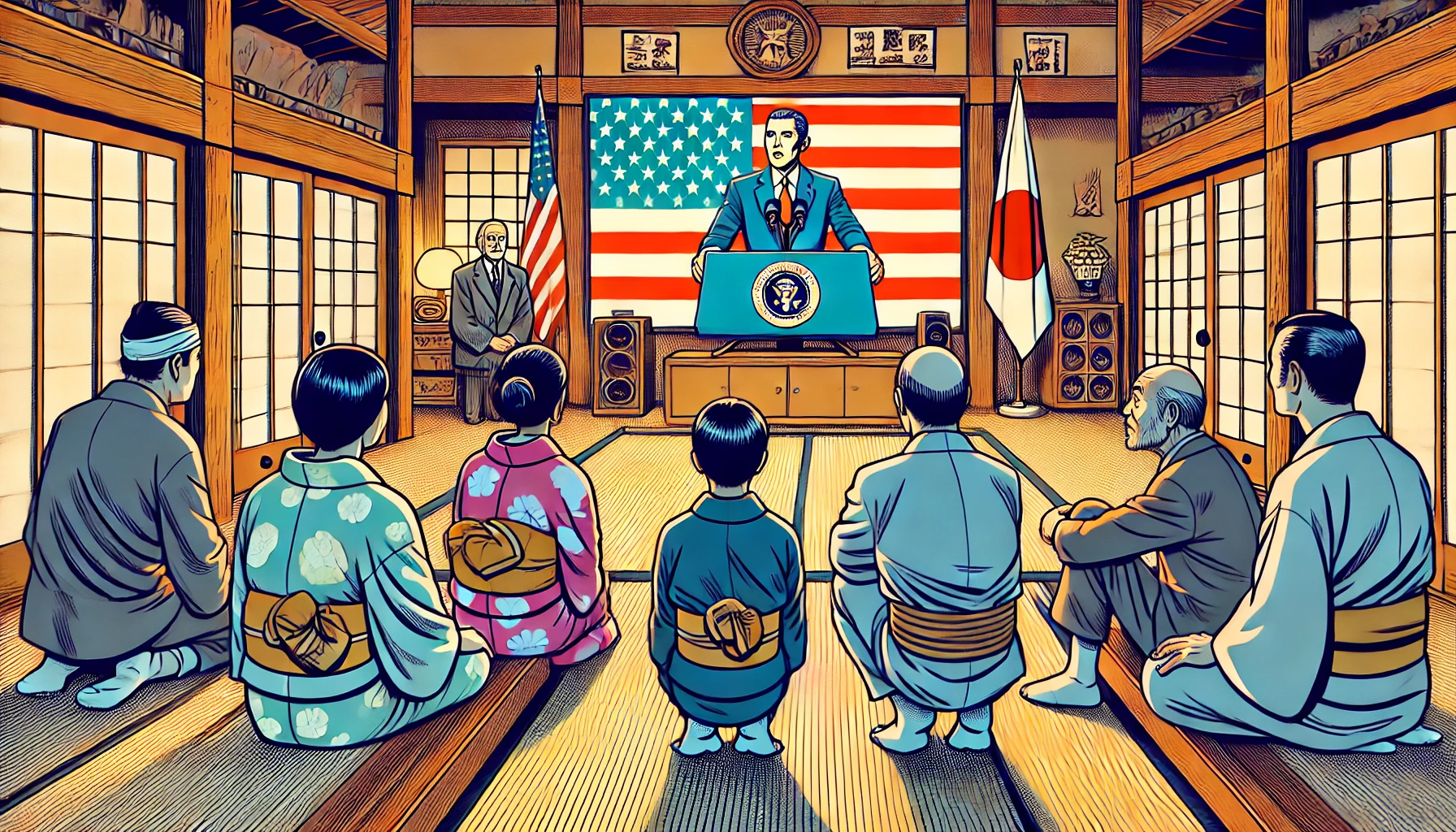
A Growing Concern for Japan’s Economy
Since President Donald Trump first imposed tariffs on imports—particularly those targeting steel, aluminum, and Chinese goods—Japanese policymakers, business leaders, and the general public have expressed growing concern. While these tariffs were primarily aimed at reducing America’s trade deficit and pressuring China, Japan has not been immune to their ripple effects.
Public Opinion: Mostly Negative
Polls and media commentary in Japan suggest that the majority of Japanese people view Trump’s tariffs negatively. Many see them as unilateral and protectionist, undermining the principles of free trade that Japan has long supported. The Japanese media often portrays the tariffs as destabilizing forces in the global economy.
In a 2019 NHK survey, over 60% of respondents expressed concern that the U.S.–China trade war—fueled in part by Trump’s tariff policies—would hurt Japan’s economy. This sentiment remains largely unchanged in 2025, especially with the possibility of Trump’s return to the presidency raising fresh concerns.
Economic Impact on Japan
Trump’s tariffs have had both direct and indirect effects on Japan:
- Automobile Exports: Japanese carmakers like Toyota, Honda, and Nissan feared tariffs on U.S.-bound vehicles. Although Trump’s administration ultimately avoided steep auto tariffs, the threat created uncertainty in the industry.
- Supply Chains: As a key part of global manufacturing networks, Japan was impacted by U.S.–China decoupling. Components made in Japan and assembled in China were suddenly subject to higher duties.
- Investor Sentiment: The unpredictability of U.S. trade policy under Trump led to volatility in Japanese markets, pushing some investors to adopt a more cautious stance.
Corporate Concerns
Many Japanese corporations have had to restructure supply chains, diversify export strategies, and increase lobbying efforts in Washington. Executives from multinational firms, particularly in the electronics, auto, and steel industries, have expressed frustration with what they perceive as arbitrary and politically driven trade policies.
Some firms have even considered shifting production out of China or expanding operations in Southeast Asia to hedge against future tariff shocks.
Diplomatic Tensions
Although Japan maintained relatively good relations with the U.S. under Trump, the tariffs tested the strength of the U.S.–Japan alliance. Tokyo often found itself walking a diplomatic tightrope: maintaining its strategic partnership with the U.S. while pushing back gently against trade policies that hurt Japanese businesses.
What’s Next?
With Trump signaling a possible return to office and floating new tariff plans—such as a universal 10% tariff on all imports—many in Japan fear a repeat of the past. Economists warn that such measures could reignite trade tensions, destabilize global supply chains, and hurt Japan’s export-driven economy.
Conclusion
To many Japanese citizens and policymakers, Trump’s tariffs represent more than just economic policy—they symbolize a shift toward nationalism and away from international cooperation. While Japan has weathered the initial storms, uncertainty looms ahead, especially if protectionism returns to the global stage.

